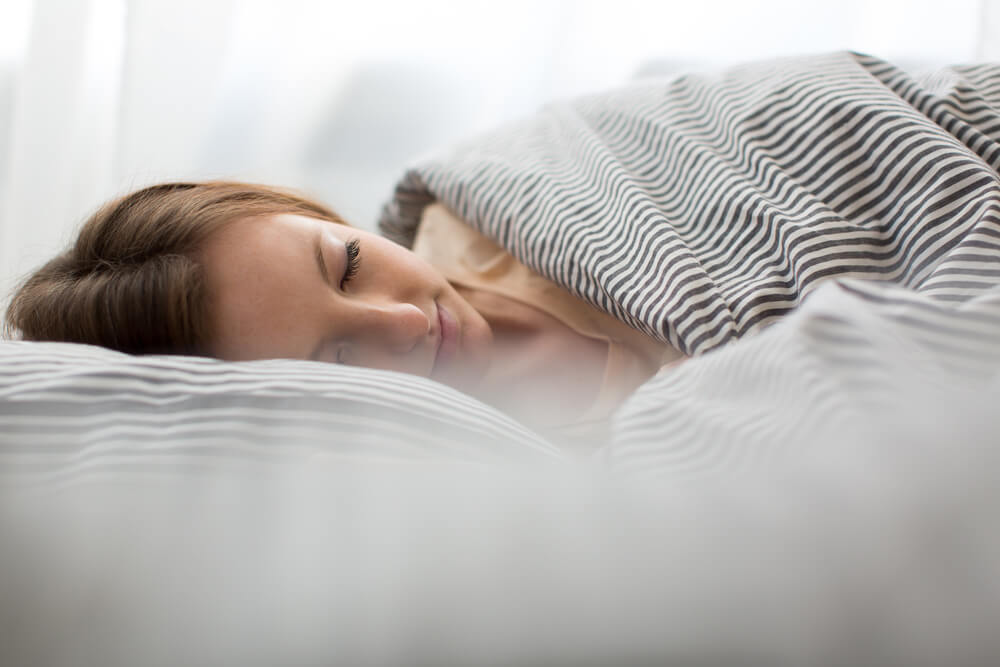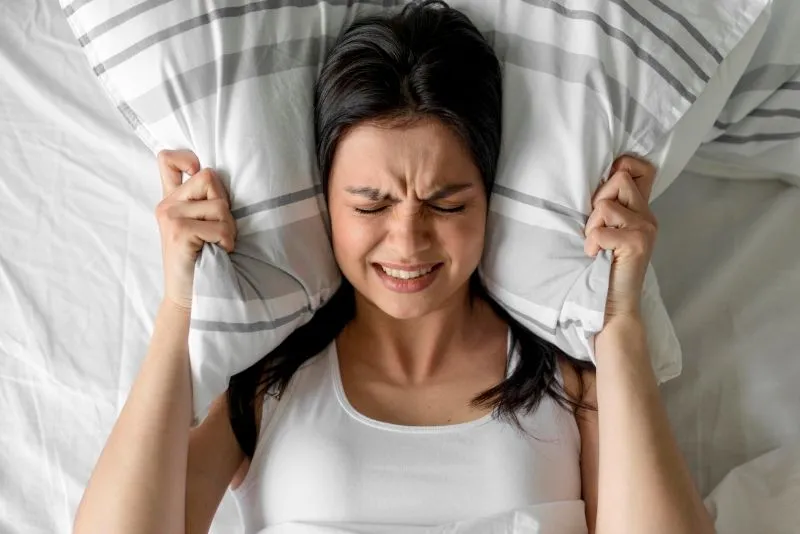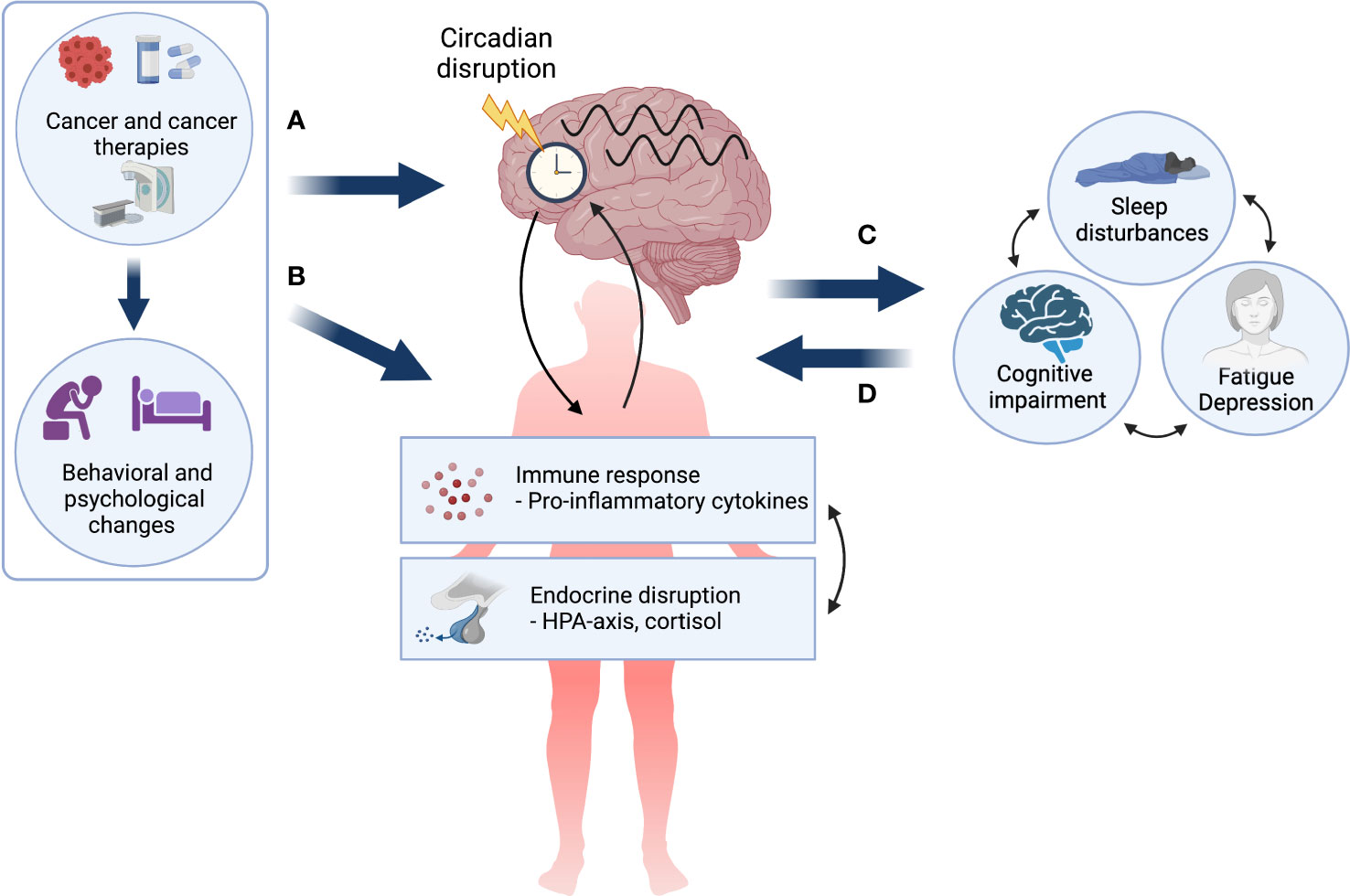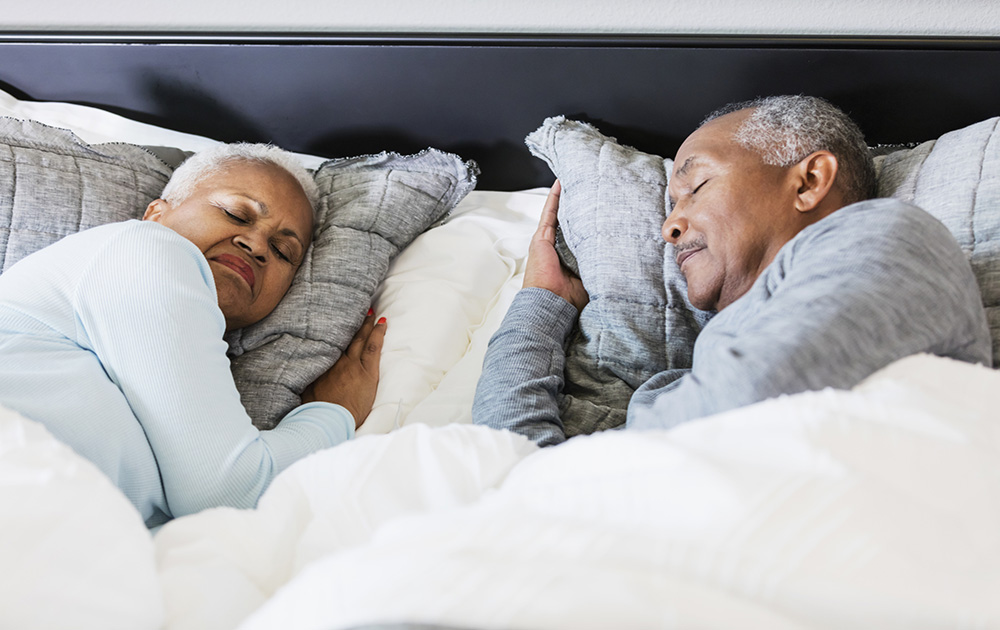In recent years, sleep health has garnered increasing attention, with growing recognition of its vital role in physical, mental, and emotional well-being. No longer seen as merely a passive state, sleep is now understood to be an active process that plays a crucial part in memory consolidation, immune function, hormone regulation, and overall quality of life. As new research and technologies emerge, sleep health has become an exciting frontier for scientific exploration and public interest. We asked Dr. Susan Mitchell, a leading expert in sleep medicine, to weigh in on some of the most trending topics in the world of sleep health.
1. The Rise of Personalized Sleep Medicine
One of the most transformative trends in sleep health is the movement toward personalized sleep medicine. Gone are the days of a one-size-fits-all approach to managing sleep disorders. Today, advancements in genomics, wearable technology, and data analytics are helping experts tailor sleep solutions to individual needs.
“Personalized sleep medicine involves leveraging data from wearable devices, genetic testing, and even environmental factors to create a comprehensive, individualized approach to improving sleep quality,” explains Dr. Mitchell. “We are learning more about how different people sleep based on their genetics, lifestyle, and even microbiomes. This allows us to offer more effective treatments for conditions like insomnia, sleep apnea, and circadian rhythm disorders.”

This shift towards customization is particularly evident in the growing popularity of sleep trackers, apps, and biofeedback devices that give users insight into their sleep patterns and health metrics. By using these tools, individuals can make more informed choices about their bedtime routines, environments, and habits, ultimately leading to more restful and rejuvenating sleep.
2. Sleep and Mental Health: The Bidirectional Relationship
There’s an increasing focus on the intersection between sleep and mental health. Researchers are uncovering a complex, bidirectional relationship between the two, with poor sleep contributing to conditions like anxiety, depression, and PTSD, while these mental health conditions can, in turn, exacerbate sleep disorders.
“Poor sleep is often one of the first signs of an emerging mental health issue,” Dr. Mitchell says. “For example, anxiety can cause racing thoughts that interfere with falling asleep, and depression can lead to hypersomnia or disrupted sleep cycles. On the flip side, chronic sleep deprivation can worsen symptoms of these mental health conditions.”

As mental health awareness rises, sleep specialists are now collaborating more closely with psychologists and psychiatrists to develop integrated treatment plans that address both mental well-being and sleep health simultaneously. Cognitive behavioral therapy for insomnia (CBT-I) is one such promising approach that targets both sleep issues and the underlying psychological factors contributing to them.
3. The Impact of Artificial Light and Technology on Sleep
In an age of smartphones, tablets, and 24/7 connectivity, artificial light exposure is having a significant impact on sleep quality. Blue light emitted by screens has been shown to disrupt melatonin production, the hormone responsible for regulating sleep cycles. This disruption can lead to difficulties falling asleep, a phenomenon often referred to as “sleep debt.”
Dr. Mitchell emphasizes that this trend is particularly concerning among younger populations. “The rise of screen time, especially in the evening, is a major factor behind the increasing rates of insomnia and poor-quality sleep,” she notes. “In fact, research shows that children and teenagers are particularly vulnerable to the effects of screen exposure, which can interfere with both the quality and quantity of their sleep.”

To counteract these negative effects, many sleep health experts advocate for the use of blue light-blocking glasses, nighttime settings on devices that reduce blue light exposure, and a strict “no screen” rule at least 30 minutes to an hour before bedtime.
4. Sleep and the Microbiome: A Surprising Link
In the past few years, scientists have begun to explore the relationship between the gut microbiome and sleep. Emerging studies suggest that the billions of bacteria living in our intestines may play a significant role in regulating our sleep cycles. Researchers have found that imbalances in gut bacteria can affect the production of neurotransmitters like serotonin, which influence sleep.
“The gut-brain axis is a burgeoning area of research,” Dr. Mitchell explains. “We’re seeing that gut health isn’t just about digestion—it also impacts mood, energy levels, and sleep quality. There’s a growing body of evidence linking an imbalance in gut bacteria with sleep disorders like insomnia and sleep apnea.”

While more research is needed to fully understand these mechanisms, there is already a consensus among health experts that maintaining a healthy, diverse microbiome could be a key to improving sleep quality. Probiotics, prebiotics, and a balanced diet rich in fiber, fruits, and vegetables may promote a healthier gut microbiome, which in turn could enhance sleep.
5. Shift Work and the Future of Circadian Rhythm Treatments
For those who work irregular hours or night shifts, circadian rhythm disruptions can become a serious challenge. Chronic misalignment of the body’s internal clock with external time cues is linked to a range of health problems, from obesity and cardiovascular disease to sleep disorders like shift work sleep disorder (SWSD).
Dr. Mitchell highlights the need for more innovative treatments for these populations. “Shift workers, in particular, often struggle with the physical and mental toll of constantly shifting their sleep-wake cycles. Current solutions include light therapy, melatonin supplements, and strategic naps, but we are still learning about the best ways to manage these disruptions over the long term.”

Recent advances in light therapy—particularly wearable devices that emit specific wavelengths of light—are showing promise as a non-invasive solution for resetting the circadian clock. These treatments may one day be tailored to individual needs, helping shift workers and those with other circadian rhythm disorders achieve better sleep despite their challenging schedules.
6. Sleep and Aging: New Insights into Older Adults’ Sleep Needs
As the global population ages, sleep patterns and needs are evolving. Older adults often experience fragmented sleep, shorter sleep cycles, and a reduced ability to stay asleep through the night. While age-related sleep changes are partly due to natural biological processes, recent research is revealing that these changes may also be influenced by lifestyle factors, underlying health conditions, and medication side effects.
“Sleep disturbances in older adults can have a profound impact on quality of life,” Dr. Mitchell notes. “Poor sleep is linked to cognitive decline, increased fall risk, and poor overall health. Addressing sleep issues in this demographic requires a holistic approach that considers physical, emotional, and environmental factors.”

Innovative approaches such as cognitive-behavioral therapy for older adults (CBT-I for seniors) and personalized sleep plans are becoming more common. Additionally, understanding the role of hormones like melatonin in the aging process may help develop age-appropriate sleep treatments in the future.
The Future of Sleep Health
As our understanding of sleep continues to evolve, so too does our approach to improving sleep health. From personalized medicine and advancements in sleep technology to new insights into the microbiome and mental health, the future of sleep holds exciting potential. Dr. Mitchell concludes, “We are at the cusp of a new era in sleep science, where a more holistic, individualized approach will empower people to unlock the full potential of their sleep—and in turn, their health and well-being.”

Whether through cutting-edge technologies, deeper biological insights, or innovative therapeutic strategies, the future of sleep health looks brighter than ever.



